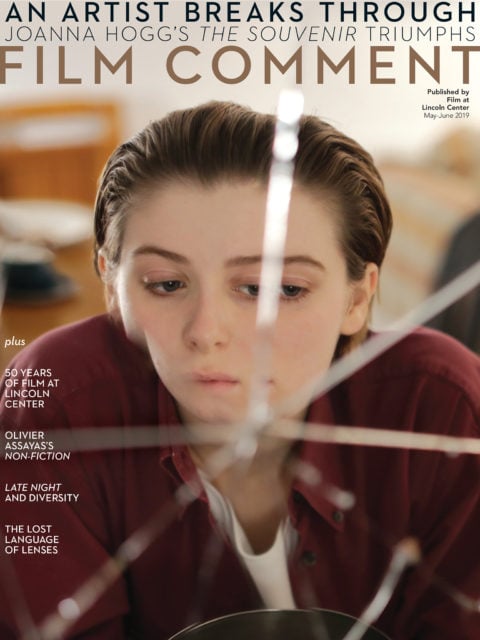
Too Late to Die Young
Unfolding during the Chilean summer of 1990-91, writer-director Dominga Sotomayor’s third feature is a study in tumultuous transition, with adolescent angst, counterculture community–building, and a national reckoning with nearly two decades of trauma forming a series of thematic nesting dolls.

At the film’s center is Sofia (Demian Hernández), a 16-year-old whose musical ambitions are tangled up with feelings of abandonment, romantic fantasies, and self-harm. While Sofia’s largely absent mother pursues a career, her introvert father joins a group of back-to-the-land idealists attempting to assemble a multigenerational utopia at the foot of the Andes just as their country embarks on a fraught return to democracy in the aftermath of Augusto Pinochet’s 17-year rule.
At once less lighthearted and less pierced with overt political commentary than Lukas Moodysson’s similarly commune-set—and Pinochet-referencing—Together, Too Late to Die Young’s strengths lie in the expansiveness of both its portraiture and its mise en scène: while Hernández gives a moving, nuanced performance, Sofia’s emotional turmoil is more affecting for being placed in relief against the adventures of the overtaxed adults and rambunctious children around her, an appealing ensemble Sotomayor often observes from a certain distance. She allows the sunbleached forest locations and underconstruction homestead to inform the alternating waves of exuberance and anxiety that accompany this collective journey toward renewal and self-sufficiency.
José Teodoro is a freelance critic and playwright.







